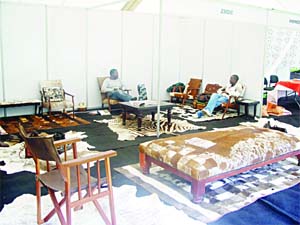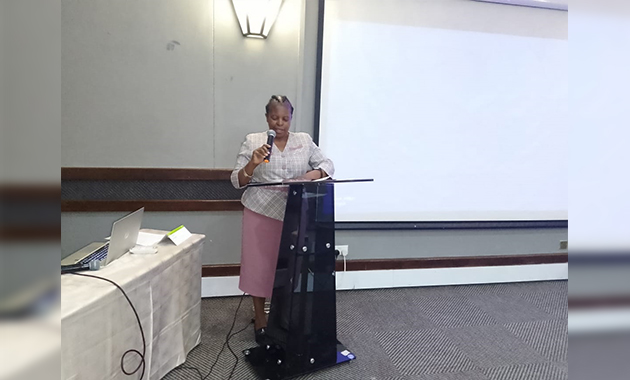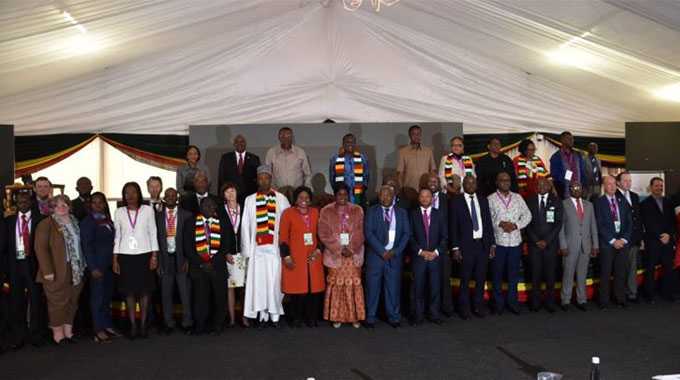Mat’land youths still unaware of indigenisation process
In an interview on Sunday, Mr Chiponda said the major objective of the indigenisation and economic empowerment programme was to benefit the indigenous black people yet many are still to fully benefit from it.
“The reason this process was initiated was to facilitate the transfer of control of Zimbabwe’s natural resources from the hands of foreigners to the black indigenous citizens.
“This is meant for the uplifting of black people’s lives and standards of living but there are still high unemployment and dependency ratios because youths and other people are still to know about this whole process,” he said.
He challenged youths to fully and meaningfully participate in the indigenisation programme as it creates business opportunities for them.
“There are sectors that are exclusively reserved for black indigenous people by the Government and these include agriculture, transport, retail and wholesale, employment agencies, estate agencies, valet services, grain milling, bakeries, tobacco grading and packaging, tobacco processing, advertising agencies, milk processing and provision of arts and craft sectors.
“These need low capital injections hence Zimbabweans should claim ownership of these sectors as the law is on their side,” he said.
He said the Indigenisation and Economic Empowerment Act prescribes that all Government departments, statutory bodies, city councils, parastatals and large corporates should procure at least 50 percent of their goods and services from businesses in which a controlling
interest is held by indigenous Zimbabweans.
“This requirement presents a great opportunity to indigenous black business to do meaningful business with the Government departments and major companies.
“Indigenous black people should move away from the culture of being by-standers in the economic activities of their country and actively participate in the indigenisation programmes in their respective areas,” Mr Chiponda said.
He challenged locals to conscientise the local or central Government licensing authorities to implement the reserved business sectors policy when issuing licences.
“If people don’t do this, no one will do it for them and they will remain poor when they are supposed to be benefiting. We must police this process because if we don’t do that depending on the Government, we will lose out, meaning that we have to play our role also.
“Our local wealth is supposed to be exploited by indigenous people rather than foreigners who will be exporting wealth to their own countries,” he said.
He encouraged youths to organise themselves into groups that are fundable.
“Youths are the ones who should be doing all the deliveries for major companies like Delta that are being done by companies like Spar and they should own a lot of businesses but because they do not know about it they will never participate,” Mr Chiponda said.







Comments